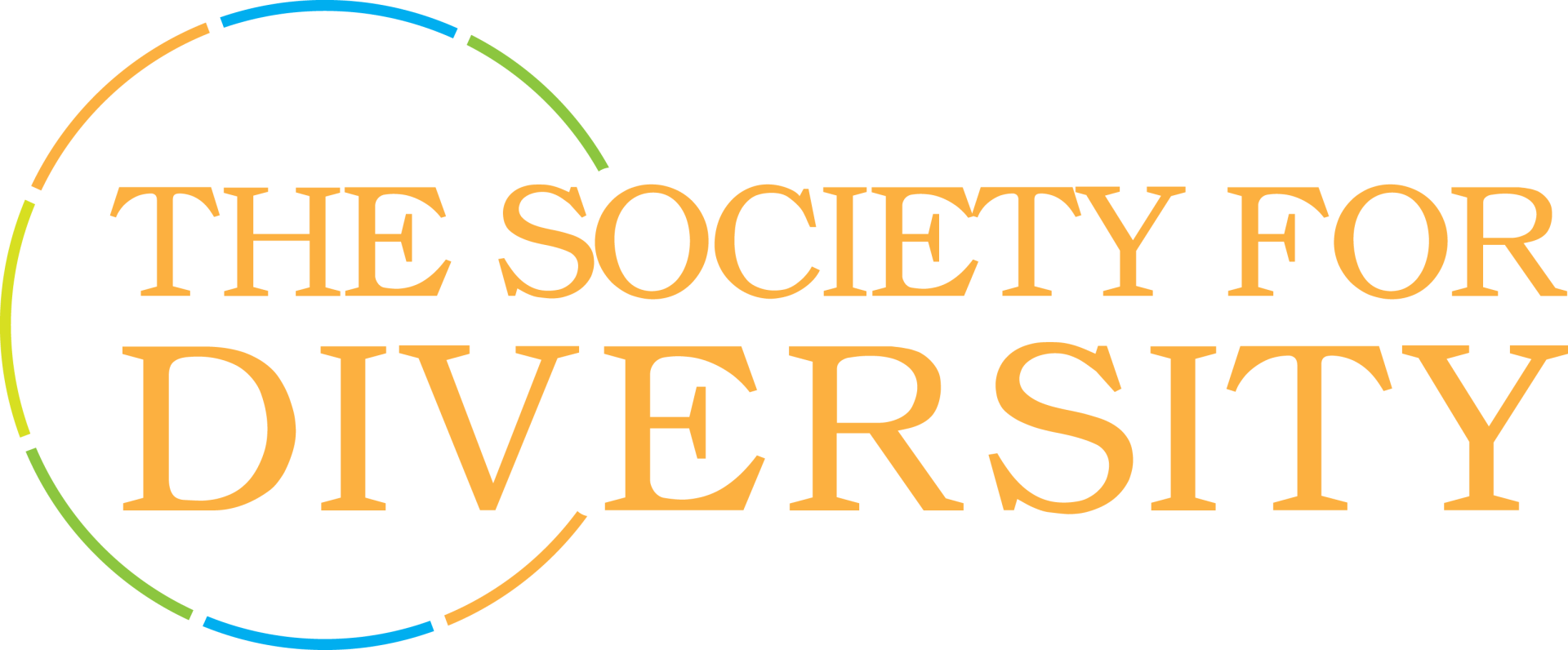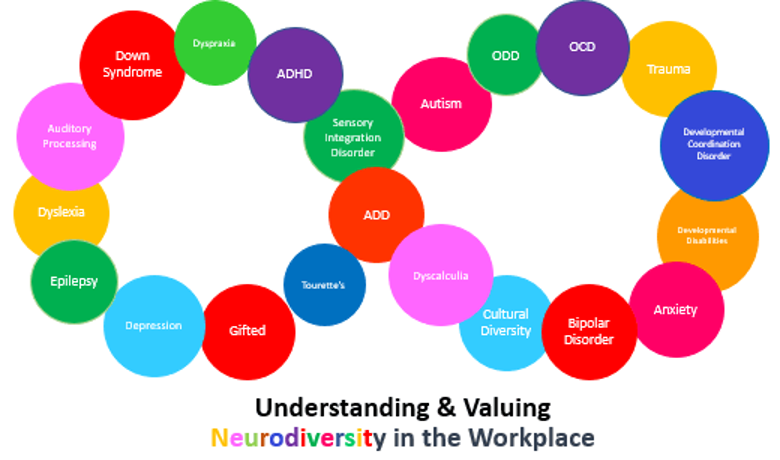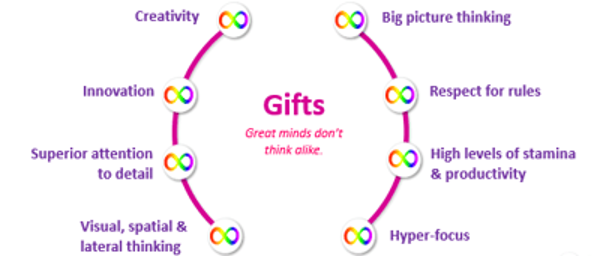With more than 15 years in the human resources marketplace, Victoria Hill is skilled in all aspects of diversity, equity, and inclusion (DE&I), leadership development, and human resources management, especially the human experience and inclusive relationships. Victoria is currently the director of diversity and social impact for Advanced Group where, in 2018, she founded the company’s award-winning Diversity, Equity & Inclusion Committee. She also facilitates DEI training at her organization and for external partners.
Victoria earned a masters in human resource management and is a PHR®, CSP®, and sHRBP®. She and her husband live in Chicagoland where they enjoy hosting karaoke parties for fun and relaxation.
Advanced Group offers contingent and permanent staffing solutions, talent acquisition and management, consulting, outsourcing, clinical research, and professional services.









